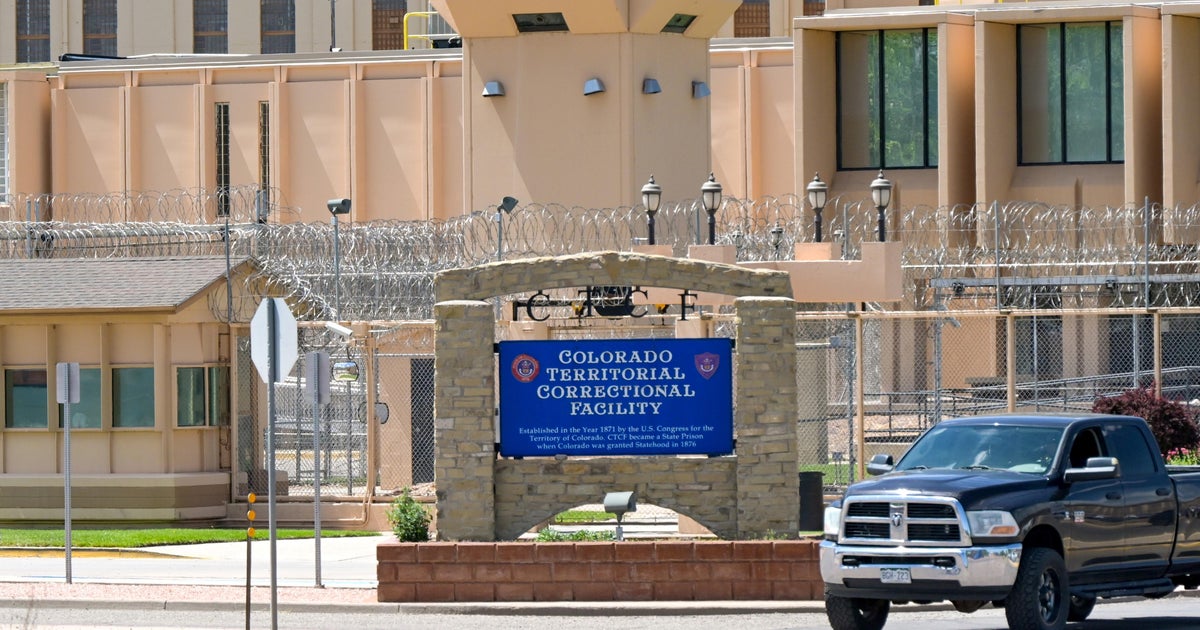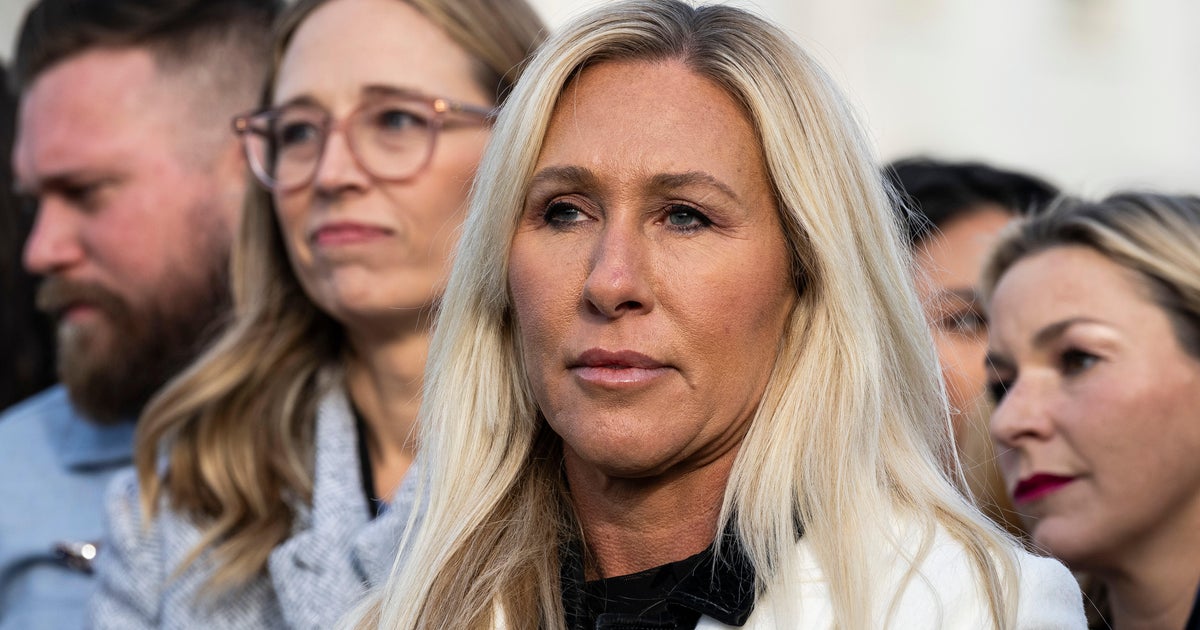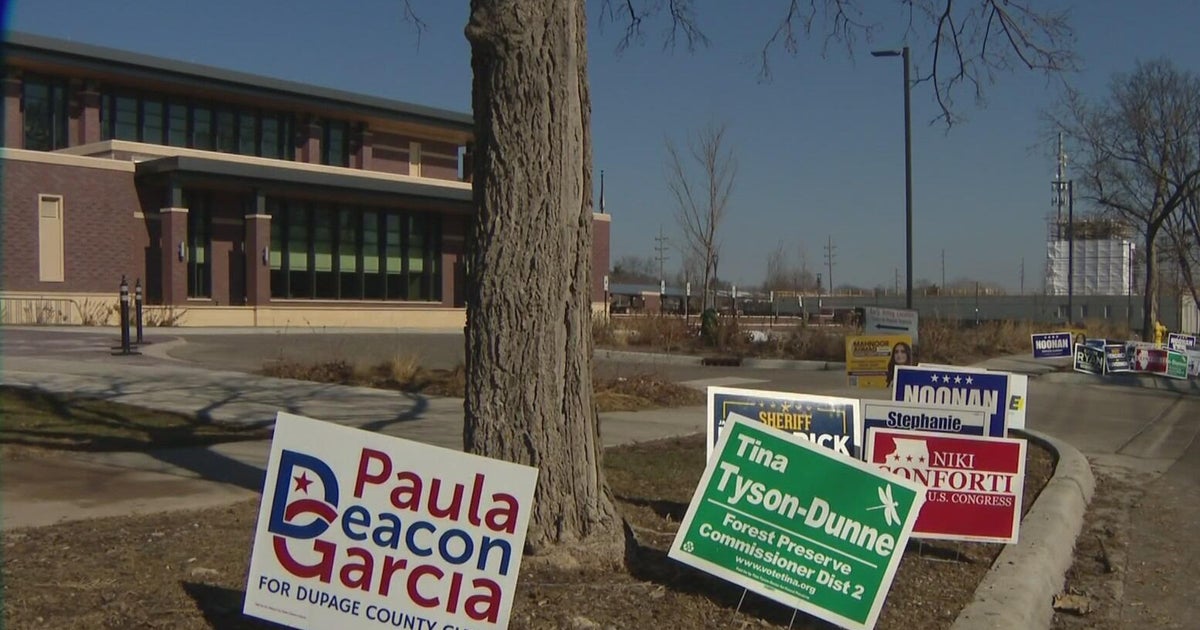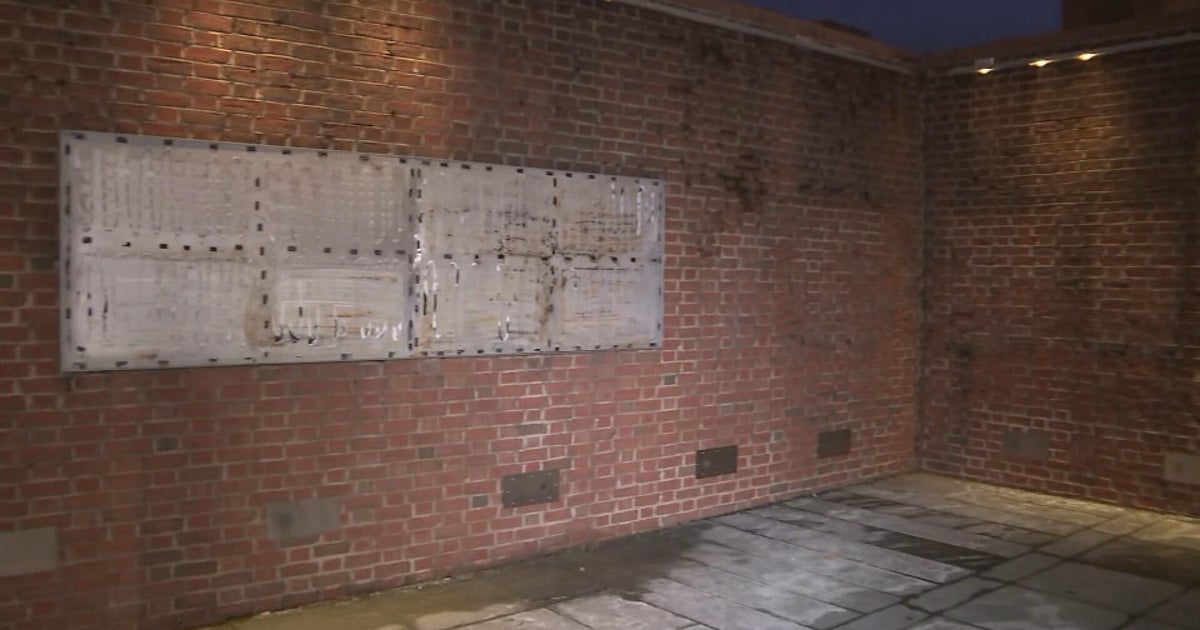Florida Judge Approves New Map, Allows Elections To Go Forward
TALLAHASSEE (CBSMiami/NSF) - A Leon County judge upheld a second draft of the state's congressional districts in a decision issued Friday, but shelved the new map until after the November elections.
The decision marked a major victory for legislative Republicans, who approved the new plan this month after Lewis ruled that their first draft violated the Florida Constitution's ban on political gerrymandering. The GOP had also pushed for the earlier version of the districts, approved in 2012, to remain in place through this year's elections.
A coalition of voting-rights groups that challenged both maps vowed to appeal.
In his decision, Lewis didn't dispute that an alternative plan proposed by the opponents created a more compact version of Congressional District 5, currently represented by Democratic Congresswoman Corrine Brown.
The League of Women Voters of Florida, which led the charge against the map, and other opponents wanted an east-west configuration for the district. It currently runs from Jacksonville to Orlando and would continue to do so under the new map.
"The Legislature is not required, however, to produce a map that the plaintiffs, or I, or anyone else might prefer," Lewis wrote. "The Legislature is only required to produce a map that meets the requirements of the Constitution."
Lewis also approved changes made to the Orlando area's Congressional District 10, represented by Republican Congressman Dan Webster.
Lewis' initial ruling last month, in which he found that the two districts were drawn to try to maximize the Republican share of Florida's congressional delegation, touched off a scramble to redraw the districts.
In that decision, Lewis said lawmakers put too many African-American voters into District 5 in an apparent effort to channel those Democratic-leaning voters away from surrounding districts. The judge also found fault with an appendage of white voters added to Congressional District 10; Lewis said the voters were placed in Webster's district to try to help the incumbent hold onto his seat.
In another blow to the voting-rights groups, Lewis also ruled Friday that he would not delay elections in seven affected districts --- the two he originally ruled invalid and five others that were also redesigned this month to meet the requirement that each congressional district has roughly the same population.
Secretary of State Ken Detzner and local elections officials said it would be impossible to hold a separate election until spring, something Lewis ruled "is not a viable option."
A lawyer representing the League of Women Voters and other groups quickly promised an appeal.
"We are disappointed and plan to ask the appellate courts to review Judge Lewis' ruling," attorney David King said.
Legislative Republicans, though, praised the ruling. House Speaker Will Weatherford, R-Wesley Chapel, applauded Lewis for a "speedy, thoughtful and conscientious decision."
"You know, sometimes life affords you second chances; I am glad we got it right on the second round," he said.
Senate President Don Gaetz, R-Niceville, said he hoped the legal battle would end, though he doubted it would.
"I believe the people of Florida have been given fairness and finality by Judge Lewis' decision and that going forward Democrats and Republicans ought to spend less time in the courtroom and more time working to build a better Florida," Gaetz said.
But House Minority Leader Perry Thurston, D-Fort Lauderdale, said the ruling "misses the mark" and that elections should be held in districts that follow the constitutional ban on gerrymandering, known as the "Fair Districts amendments," approved by voters in 2010.
"I believe the requirements of the Fair Districts amendments have been ignored, and this ruling won't help to resolve that," said Thurston, who is running for attorney general.
This report is by Brandon Larrabee with The News Service of Florida.
RELATED CONTENT:
-->
RELATED CONTENT:







